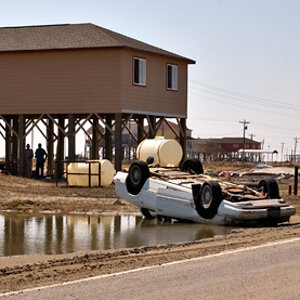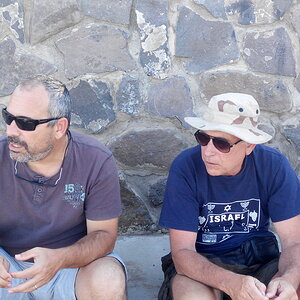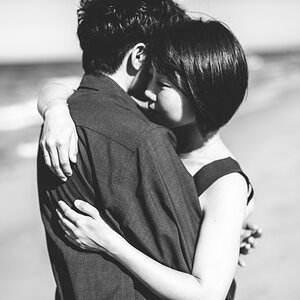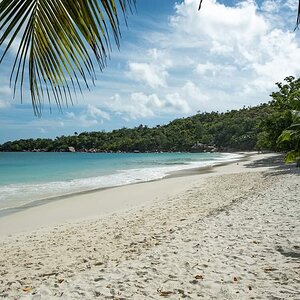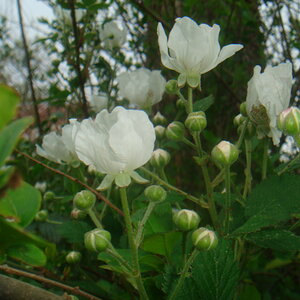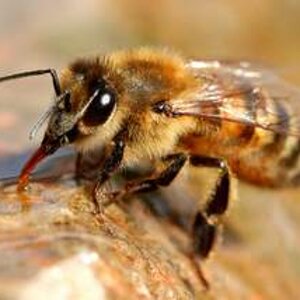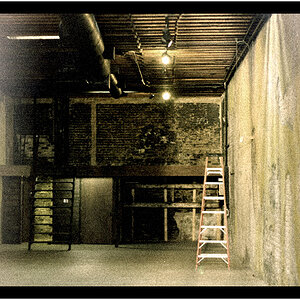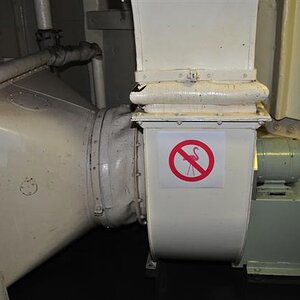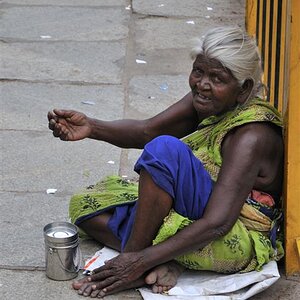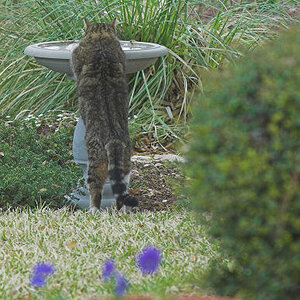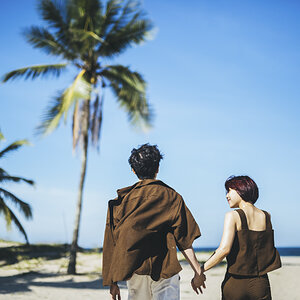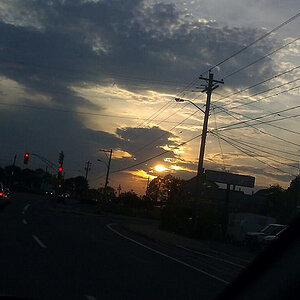confusedxx
TPF Noob!
- Joined
- Jan 2, 2009
- Messages
- 3
- Reaction score
- 0
- Can others edit my Photos
- Photos OK to edit
Hey guys
I have a 350D Canon camera which I believe has a 1.6x crop factor. I might buy a 50D or even 5D mkii at some point in the next year, but I am really new and figure I should first invest in lenes and build some creative composition and digital darkroom skills.
So for lens I wanted to get good ones that will grow with me as my skills grow and also be useful for the upgraded camera bodies I may buy later.
I am interested in all photography basically. I have not found any specific discipline yet. Thus I was thinking a zoom up to 200mm should be fine and then a wide angle down as low as possible. Possibly a seperate macro lense at 50mm would also be a great lens.
What 2 or 3 lens would you recommend?
I have a 350D Canon camera which I believe has a 1.6x crop factor. I might buy a 50D or even 5D mkii at some point in the next year, but I am really new and figure I should first invest in lenes and build some creative composition and digital darkroom skills.
So for lens I wanted to get good ones that will grow with me as my skills grow and also be useful for the upgraded camera bodies I may buy later.
I am interested in all photography basically. I have not found any specific discipline yet. Thus I was thinking a zoom up to 200mm should be fine and then a wide angle down as low as possible. Possibly a seperate macro lense at 50mm would also be a great lens.
What 2 or 3 lens would you recommend?



